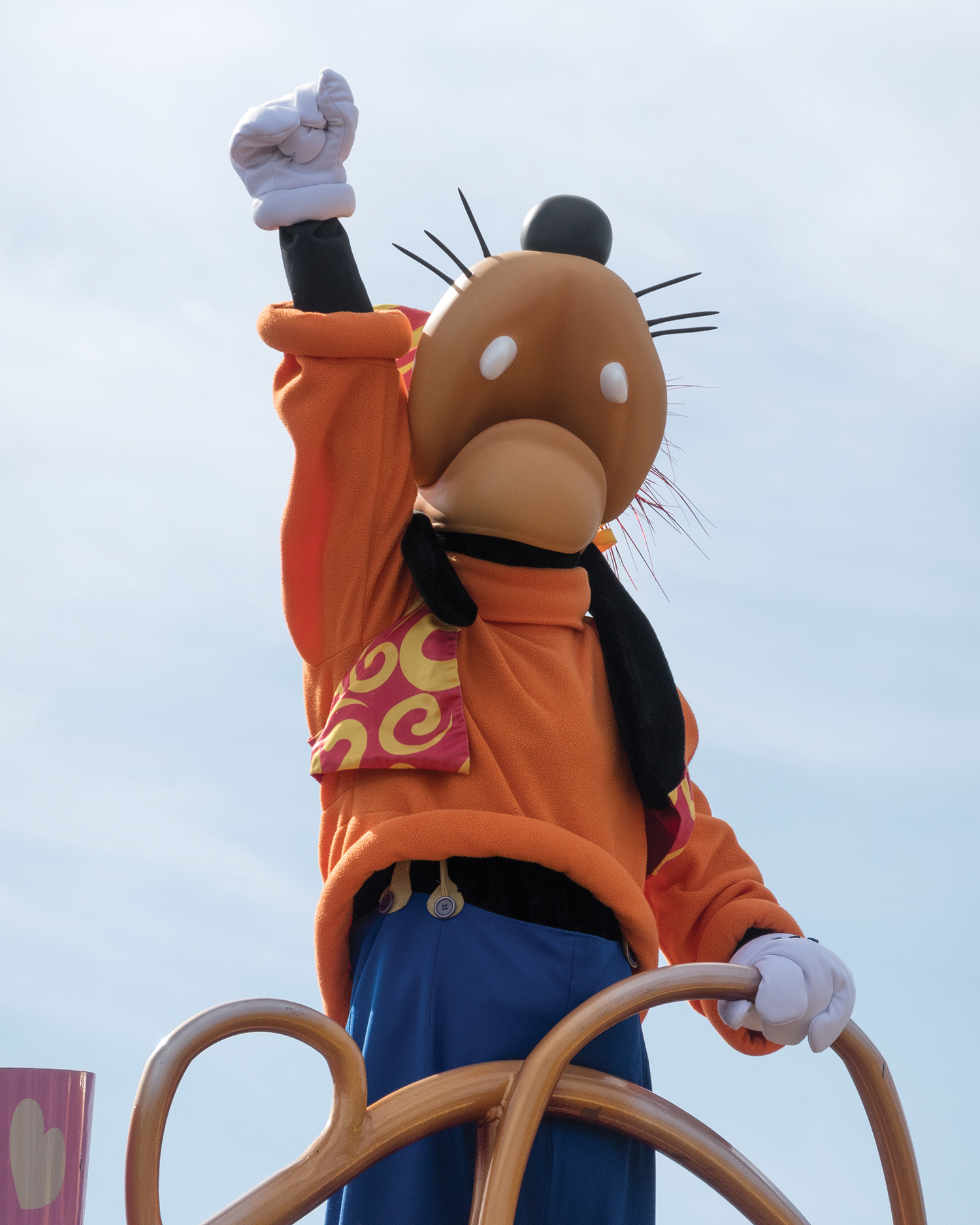This story appears in VICE Magazine's Burnout and Escapism Issue. Click HERE to subscribe.
The only time I went to Disney World was in November 2001. My family hadn’t been planning on going, but after 9/11, my father rightly assumed we’d be able to get cheap airplane tickets from Newark, New Jersey, to Orlando. I was 11 years old and hadn’t done much flying until then, so I couldn’t really comprehend that, one, everything was different—the security, the boarding process, the level of palpable fear—and, two, my dad had seen an opportunity to capitalize on a national tragedy.
September 11 was a cataclysmic moment. It was, perhaps, the first instance in which the harshness of reality broke the fantasy of Walt Disney’s imagination, when what John Jeremiah Sullivan, writing in the New York Times Magazine, once called “the double hallucination” of the place likely faded away. A reporter at the Huffington Post, who interviewed Disney employees after that tragic day, revealed management had informed staffers not to tell patrons why the park was closing early that morning unless they explicitly asked. And, in order to get people to leave, the Mickeys and Minnies and Goofys joined hands and, forming a human wall, drove the customers toward the exit. Apparently, there was concern that “Disneyland and Walt Disney World Resorts might also be on the terrorists’ target list.”
That whole affair bordered on absurdity—that the illusion must be protected, at all costs, from the infiltration of anything beyond its walls. To the outsider, Disney World is a version of America as paradise. It’s a tourist attraction that exemplifies the nation’s control, and influence, as a pop-culture behemoth, as well as its Protestant insistence that people can be anything they want if they just try hard enough. “When Disney World was built,” Sullivan wrote, “it embodied a shared idea of America as pure capitalist fantasy.” Later on, he continued, “No matter where you travel in the world, you run into a startling number of people for whom Orlando is America.” But to read about the history of Disney World, as Walt constructed it, is to understand that the premise might have been shady, in an almost Trumpian manner, from the start. The businessman had skirted some ethical and moral lines to see it all through—his plan loosely involved shell companies and deceiving the locals about who, exactly, was purchasing the land around them. (He couldn’t have real estate prices skyrocketing.)

Sign up for our newsletter to get the best of VICE delivered to your inbox daily.
from VICE https://ift.tt/2SoxI1R
via cheap web hosting
No comments:
Post a Comment